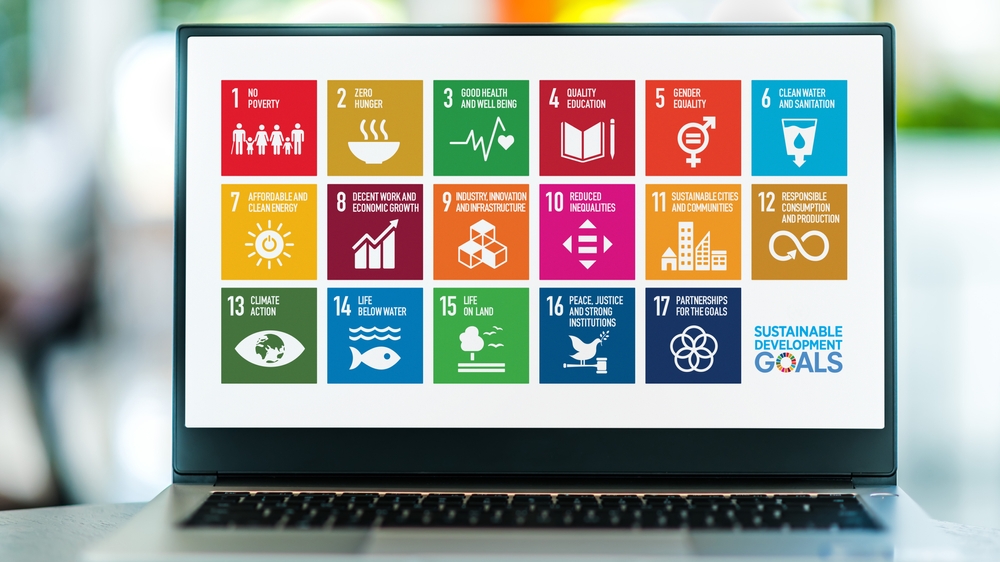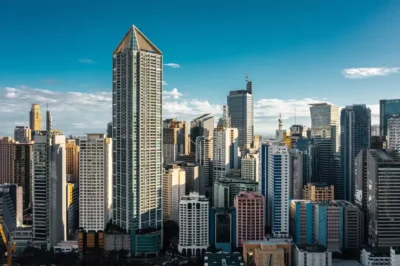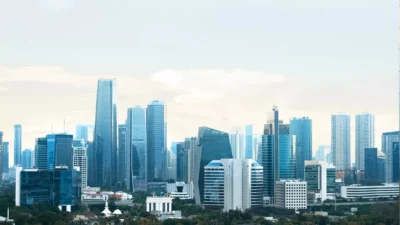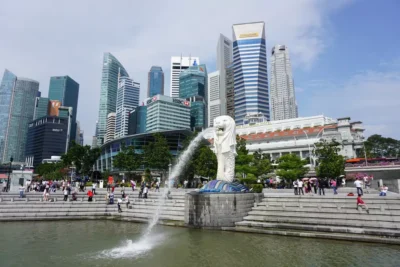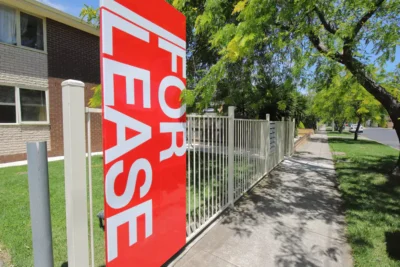Inspirations for the future
This article is based on the Chairperson’s Closing Message at the PropertyGuru Asia Real Estate Summit originally presented on 8 December 2021.
“We need to meet the challenges of the post-pandemic world and find ways to turn them into opportunities”

Is there an industry that is as responsive as real estate?
Perhaps there isn’t, and the reason the real estate sector is highly responsive to market forces is because it has to be. In the last few years, the sector had to contend with having to accelerate change due to the COVID-19 pandemic, other global forces, and the quest for sustainability. For the most part, the sector saw opportunities.
At ARES 2020, we focused on sustainability, the single greatest catalyst for change across the globe, as well as other forces of change. Meanwhile, at ARES 2021, we identified that the rise in energy costs worldwide was going to be highly significant. That turned out to be the case, and it has been further intensified by global events in 2022.
Data-informed, not just data-driven
On the other hand, at ARES 2022, we explored the benefits and challenges of the data revolution and tackled the need for data to be transformed into clear and actionable information. The complexity of most data can hinder our simple aims. But we must remember that data doesn’t change the world — leaders do.
Hundreds of leaders were brought together at ARES 2022 in Bangkok on the 8th of December 2022. ARES 2022 was focused on the changed world post-COVID, amid the dynamics and forces of sustainability across all four sustainability pillars, environment, human, social, and financial. These forces are represented in many different ways, including the emergence of ESG across global markets, the pledges for carbon emission reductions, the 17 United Nations Sustainable Development Goals, and more.
Small steps, big results
Progress in attaining value and sustainability will most likely be achieved by taking small steps. And with 40 percent of the world’s overall carbon emissions coming from real estate, our sector can make a considerable difference. On the demand side of carbon emissions, we are the consumers, and the outcomes and reductions required lay in our hands.
Organisations in our sector could commit to reduce energy consumption and lower their carbon emissions incrementally every year. With these efforts, we can achieve significant reductions.
If leaders in the real estate sector take small steps, such as aiming for 2021 energy consumption levels and becoming determined to save, on average, not less than 3.5 percent of that baseline every year, it is possible to achieve zero carbon consumption by 2050. This same principle applies to every sustainability parameter.
Making pledges for the future (e.g., in 2030, 2050, and so on) is good, but it is not enough. What could be truly beneficial is to make gradual progress every year. Changing organisational cultures and working towards a singular purpose to establish sustainability could be what it takes to achieve desired outcomes — and we may not have to wait until 2050 to see results.
No financial risks
The financial risks of small yet progressive sustainability actions are nil. On the contrary, these actions will reap handsome rewards in the form of positive staff and customer responses, which are becoming more and more valuable.
If real estate organisations keep doing things the same way they’ve been doing for 10 or 20 years, they are missing substantial benefits and outcomes. Some organisations have adopted a wait-and-see approach, while others are making commitments to take action many years from now. But these strategies do not benefit anyone.
When organisations set small sustainability targets yearly, the overall outcomes can be quite significant. The path towards this is to create strategic, data-driven annual sustainability plans and take incremental actions. These plans must be comprehensive and harness the power of data, which most organisations unfortunately do not have.
This is why organisations need to start adopting processes, including benchmarking, determining key performance indicators, and approaching all aspects of the four pillars of sustainability like they would in every other important business activity.
The outcomes for value and sustainability progress will take time. It is the vision, goals and objectives that need urgent attention. This was the inspiration for the Segments of ARES 2022:
- Segment 1 – ReStart / ReBound
- Segment 2 – Revive / ReBoot
- Segment 3 – ReThink / ReSet
- Segment 4 – ReImagine / ReSet
Leaders in the real estate sector are focused on revolutionising their approaches and strategies to maximise value and achieve sustainability progress.
It is more than introducing feedback and lessons learned from activities. Strategic plans and forecasts formed five years ago, or even more recently, do not reflect the dynamics that exist now.
In our sector, the scope for achieving sustainability is vast and compelling. Seeing outcomes and progress will take time, but everyone must pay urgent attention to the vision, goals, and objectives on hand. Ultimately, the real estate sector has the power to shape societies for the benefit of the present and future generations.
It is the real estate sector that, in so many ways, moulds and orientates our world, our societies, and our horizons, including those of future generations.
We need to be more progressive.
We need to be more holistic.
We need to achieve solid and lasting outcomes — step by step, year on year.
The focus for these needs to be in terms of sustainability across all 4 pillars — the environment, human, social, and the financial. We need to meet the challenges of the post-pandemic world and take hold of the new global dynamics and all the opportunities this presents.
We need to achieve so much — and we must. And together, we can.
This article was originally published on asiarealestatesummit.com. Write to our editors at [email protected].
Recommended
Philippine real estate sees growth in regional markets despite challenges in Metro Manila
Amid pressures, developers and investors are capitalising on a range of opportunities to drive growth in the nation's real estate sector
Bali leads the charge in Indonesia’s rental boom while other regions struggle to keep pace
The rental market is soaring in Bali due to its rich cultural heritage and island charm, while other regions of Indonesia are experiencing less success
Rental markets surge in Asia as digital nomads find new opportunities with visa reforms
As countries in Asia roll out customised visa programmes, rental markets are thriving with the influx of remote workers
China’s hospitality market thrives as developers sell off assets to spark recovery
China’s indebted developers are divesting hospitality assets to generate growth and enhance the outlook of the country’s real estate market

